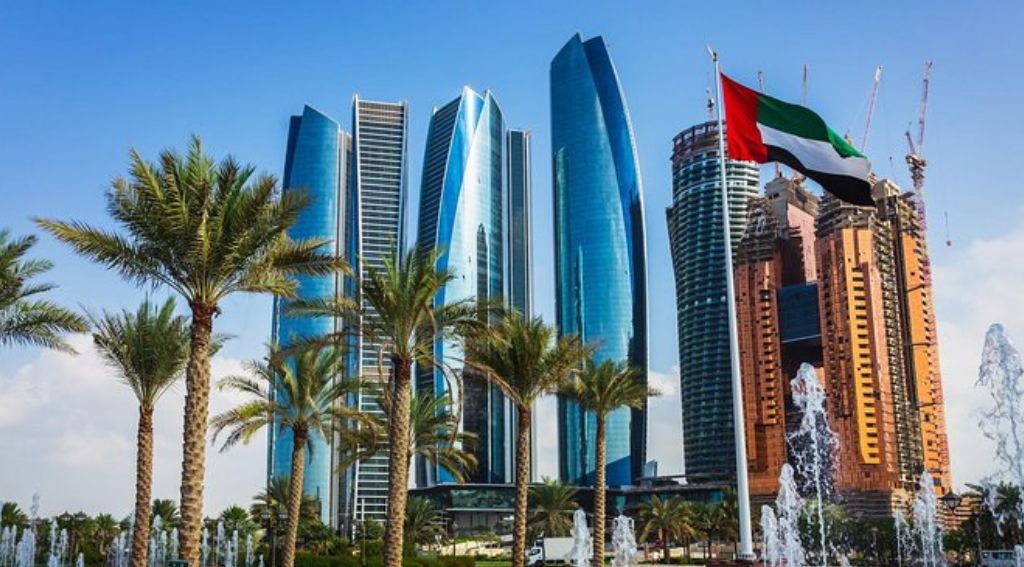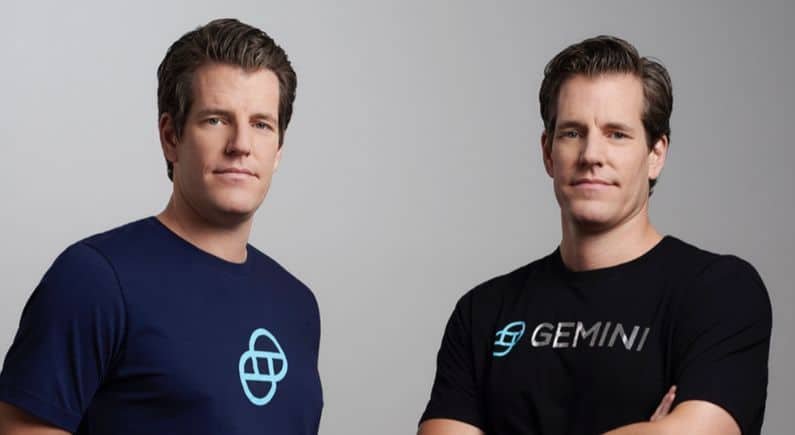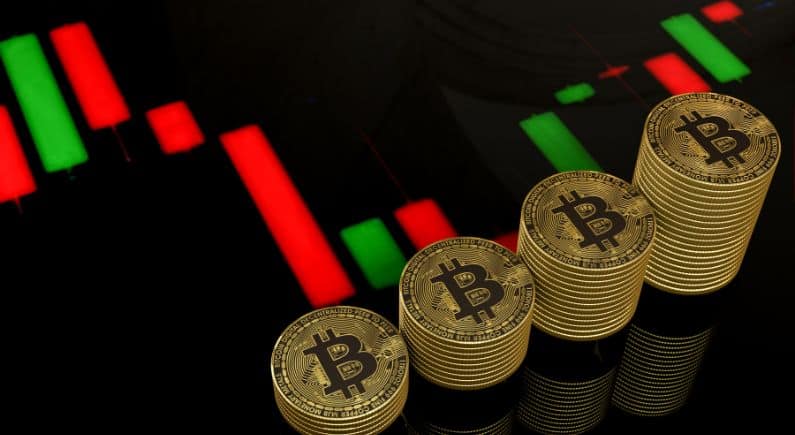Abu Dhabi ADQ invests $35 billion in Egyptian tourism and fintech sectors

Abu Dhabi has committed to a $35 billion investment in a significant development site on Egypt’s northwestern Mediterranean coast. This investment could potentially ease the financial crisis in Egypt, a country with a population of around 110 million people.
The investment is made by ADQ, a state investment vehicle of Abu Dhabi, which aims to establish a tourism and fintech centre in the Ras al-Hekma area. This initiative is pivotal to unlocking a long-stalled agreement with the International Monetary Fund (IMF) for a loan package expected to exceed $10 billion, according to analysts.
For nearly two years, Egypt has been struggling with a severe foreign currency shortage. The IMF has conditioned its loan on Cairo allowing the currency to transition to a flexible exchange rate. However, the authorities have been hesitant to let market forces determine the value of the Egyptian pound, as the central bank lacked sufficient foreign exchange buffers to prevent a sharp depreciation against the dollar.
Solving Egypt’s foreign currency liquidity
The official rate has been maintained at approximately E£31 to the dollar since March 2023, but it has been trading on the black market at more than double that value. “This deal is the missing piece of the puzzle to bring the IMF agreement over the line,” said Mohamed Abu Basha, head of macroeconomic analysis at EFG-Hermes, a Cairo-based regional investment bank. “This will help resolve the immediate foreign exchange problem and provide enough foreign currency liquidity to move towards a float.”
Since 2016, Egypt has been compelled to approach the IMF for multiple loans and is its second-largest debtor after Argentina. Over the past decade, the country has invested billions in infrastructure projects overseen by the military. Critics argue that while some of the projects address real needs, others, such as a new administrative capital, could have been postponed.
Mostafa Madbouly, the Prime Minister, announced the deal with ADQ to develop the 170 sq km coastal area on Friday. The first tranche of investment, due in a week, will be a $15 billion payment, including $5 billion from a prior deposit by the United Arab Emirates in the Central Bank of Egypt. The remaining funds will be invested within two months and will include $14 billion of fresh money and $6 billion from Emirati deposits in the central bank. These will be converted to Egyptian pounds and invested in the project.
Goldman Sachs noted on Friday that the “magnitude of the investment is far greater than what we had been expecting and the timing far sooner”. It added that if the financing came through as planned, “we believe this (along with an upsized IMF program) should provide ample liquidity to cover Egypt’s financing gap over the next four years”.
Gulf states have provided crucial financial support to Egypt in recent years because they fear that the economic collapse of such a large country would further destabilize the region. When Russia invaded Ukraine in 2022, the UAE, Saudi Arabia, and Qatar deposited $13 billion in Egypt’s central bank following an exodus of foreign bond investors in a flight to safety.
ADQ, established in 2018, is an Abu Dhabi-based investment and holding company. It has a broad portfolio of major enterprises spanning key sectors of the UAE’s diversified economy. These sectors include energy and utilities, food and agriculture, healthcare and life sciences, mobility and logistics, fintech and financial services, tourism, entertainment and real estate, and sustainable manufacturing.
ADQ’s investment strategy is underpinned by a fundamentally driven, high conviction approach to invest across multiple sectors and geographies to achieve superior risk-adjusted returns for its investors1. The funds invest across the capital structure and asset life cycle, covering early-stage venture capital to growth and scale-up equity, through to mature and established businesses.
In terms of specific investments, ADQ has made significant strides. For instance, it has acquired stakes in retail group LuLu Group International, Al Dahra Agricultural Company, Aramex, and Louis Dreyfus Company. As of late 2023, ADQ had $159 billion in total assets.
Recently, ADQ and the International Holding Company (IHC) announced their intention to create the region’s largest multi-asset class investment manager, headquartered in Abu Dhabi. This new investment manager plans to launch a series of multi-asset class funds to invest in Private Equity, Venture Capital, Credit, and Public Equities.
In the context of Egypt, ADQ has agreed to invest $35 billion in a large development site on Egypt’s northwestern Mediterranean coast. This investment aims to build a tourism and financial centre in the Ras al-Hekma area, which is central to unlocking a long-stalled agreement with the IMF for a loan package.
Overall, ADQ’s investments reflect its strategic focus on delivering financial returns and impact for Abu Dhabi, contributing to the growth and diversification of the UAE’s economy.






